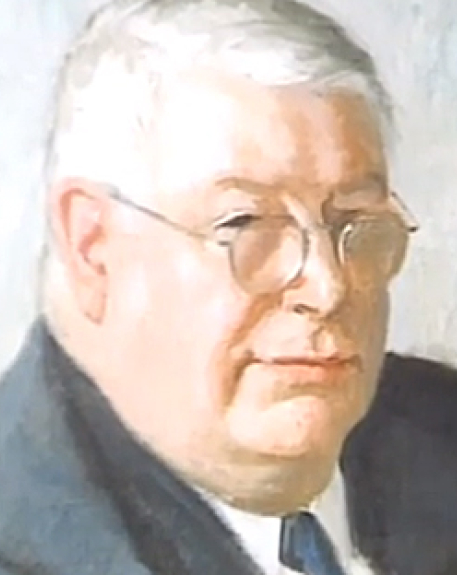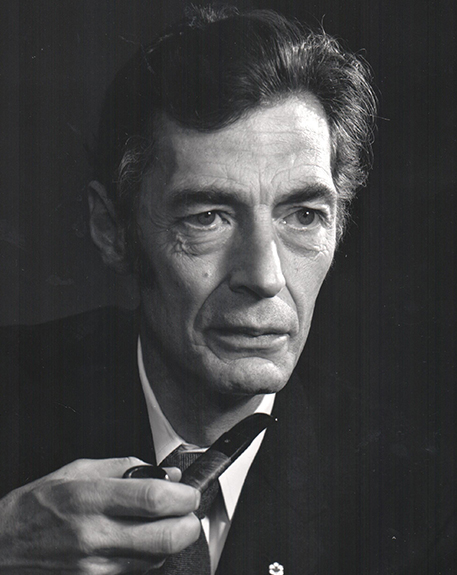2014 INDUCTEE Adolfo de Bold, PhD Heart & Vessels, Hormones
February 14, 1942
(Paraná, Argentina)
October 22, 2021
PhD, Queen’s University (1973)
2014: Le Grand Prix scientfique de la Fondation Lefoulon Delalande Institut de France
2014: The American Society of Hypertension Research Award
See All AwardsAwards & Honours:
2014: Le Grand Prix scientfique de la Fondation Lefoulon Delalande Institut de France
2014: The American Society of Hypertension Research Award
2012: Queen Elizabeth II Diamond Jubilee Medal
2010: Doctor Honoris Causa, National University of Cordoba, Argentina
2009: CIHR-CMAJ Top Canadian Achievements in Health Research Award
2007: Doctor Honoris Causa, Catholic University of Cordoba, Argentina
2002: Fellow of the International Academy of Cardiovascular Sciences
2001: Doctor Honoris Causa, National University of Entre Rios, Argentina
1994: CIBA Award of the American Heart Association
1993: Officer of the Order of Canada
1990: International Society of Hypertension Research Award
1988: Fellow of the Royal Society of Canada
1988: Fellow of the Royal Society of Physicians and Surgeons
1988: The Royal Society of Canada McLaughlin Medal in Medical Research
1987: Knight Commander, Knights of Malta
1986: Gairdner Foundation International Award
1986: Manning Innovation Awards Principal Award
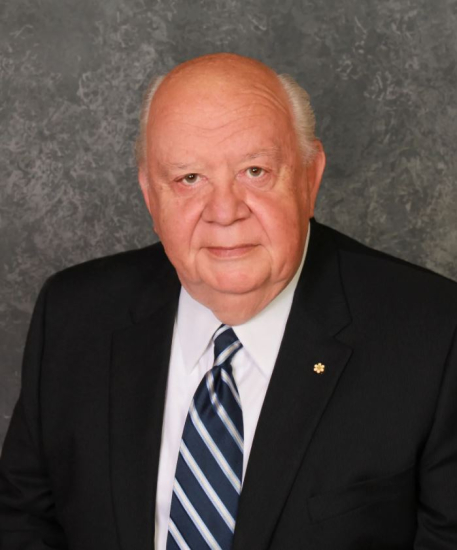
Discovered a new hormone and transformed our understanding of the functions of the heart
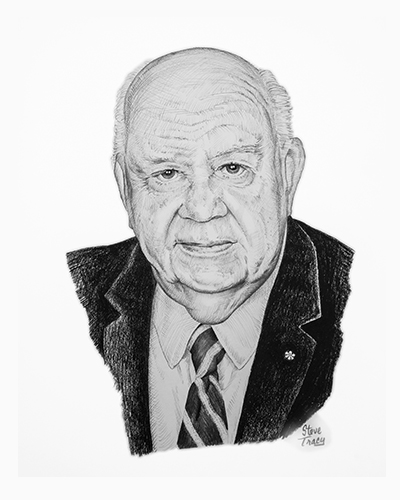
Father of the field of endocrinology
Recognized by the Canadian Institutes of Health Research as one of the most important Canadian discoveries, Dr. de Bold and his team’s isolation and sequencing of the cardiac polypeptide hormone ANF established that the heart has an endocrine function. Dr. de Bold demonstrated that through ANF, the heart modulates blood pressure, blood volume and cardiovascular growth at multiple levels. This seminal finding has served as the basis for many new avenues of research in cardiovascular physiology, with important clinical implications that have revolutionized patient care for conditions such as hypertension and heart failure.
Key Facts
One of Canada’s most cited scientists
More than 27,000 basic and clinical scientific papers related to ANF have been published
Delivered more than 180 invited lectures worldwide
His work on ANF was declared the first of the top 10 research accomplishments funded by the Heart and Stroke Foundation of Ontario in the past 50 years
Holder of four patents
Professional timeline
Impact on lives today
When Dr. De Bold published his ground-breaking discovery in 1981, there was a paradigm-shift in heart research and treatment. Not only has an entire field of research developed and expanded the scientific world’s knowledge of the heart, his contributions have had significant impacts in the clinic. Physicians are now better able to detect the early stages of heart failure and improve health outcomes for patients.
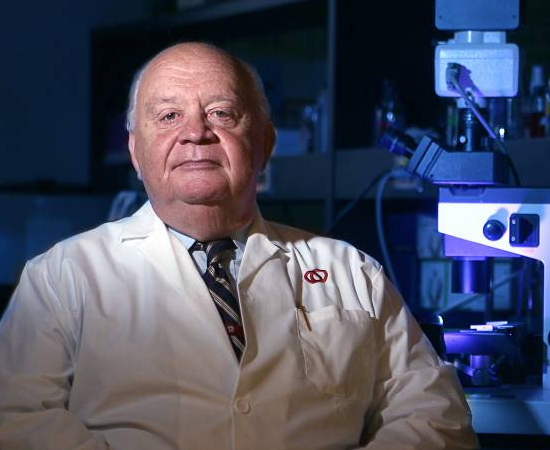
2014
-
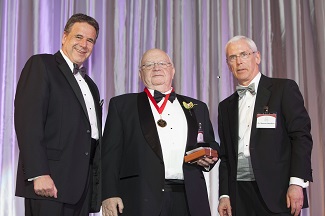
Adolfo de Bold is inducted into the Canadian Medical Hall of Fame
Kingston, Ontario
-
The International Society of Cardiothoracic Surgeons awarded Dr. de Bold the “Living Legend” Award in recognition of his contributions to the field of heart health.
Heart & Vessels -
Dr. de Bold moved to the nation’s capital and was influential in establishing the Research Centre at the University of Ottawa Heart institute.
Leadership in Organizational Development, Heart & VesselsHe served as the Director of the Cardiovascular Endocrinology Laboratory, a premier cardiovascular research institute, until his retirement in 2013.
-
As a faculty member at Queen’s University, Adolfo de Bold makes his ground breaking discovery of ANF and the endocrine function of the heart.
Heart & Vessels -

Arrival at Queen’s University
After meeting a Queen’s Faculty member in Argentina, Dr. de Bold made the adventurous move to Canada to continue in research and studies in the Department of Pathology at Queen’s University. He obtained his PhD in Experimental Pathology this year.
-
Laying the Groundwork
Dr. de Bold undertook his university training in the Faculty of Chemical Sciences at the National University of Córdoba, Argentina. In 1968, he obtained a professional degree in Clinical Biochemistry.
1968
His answers to the right questions changed the way we diagnose heart failure

